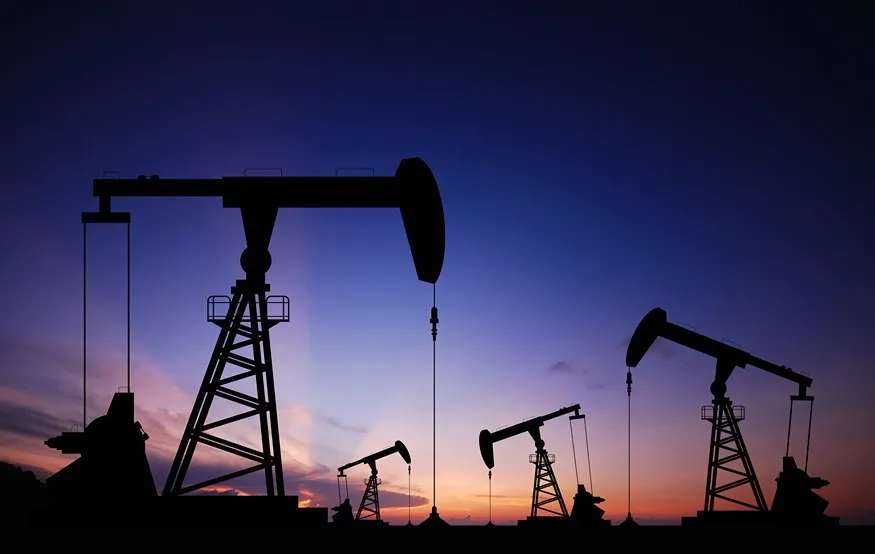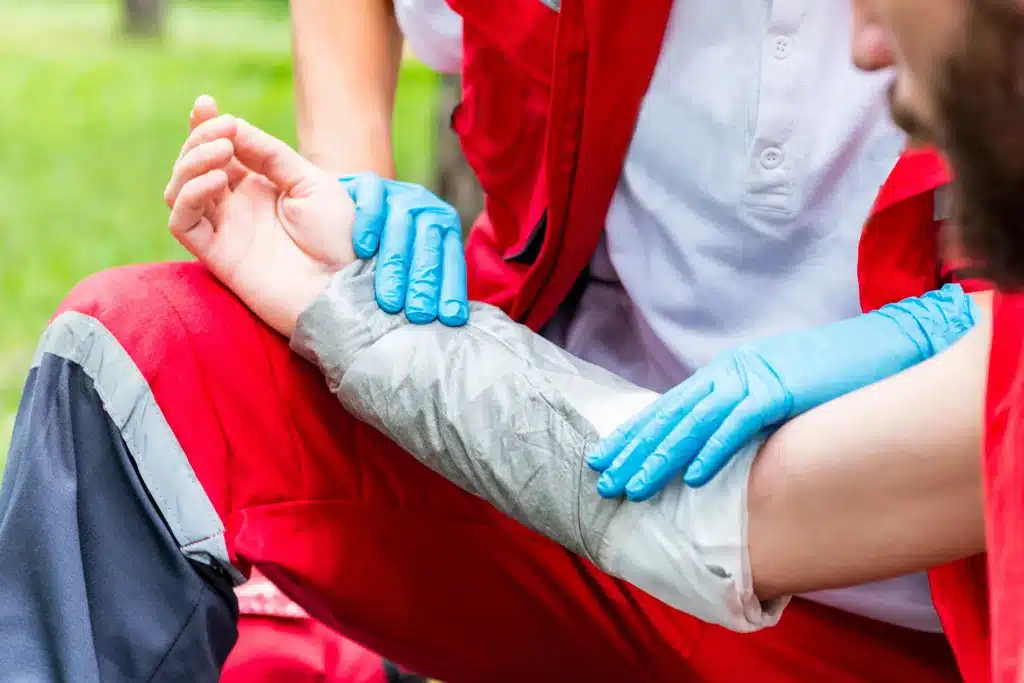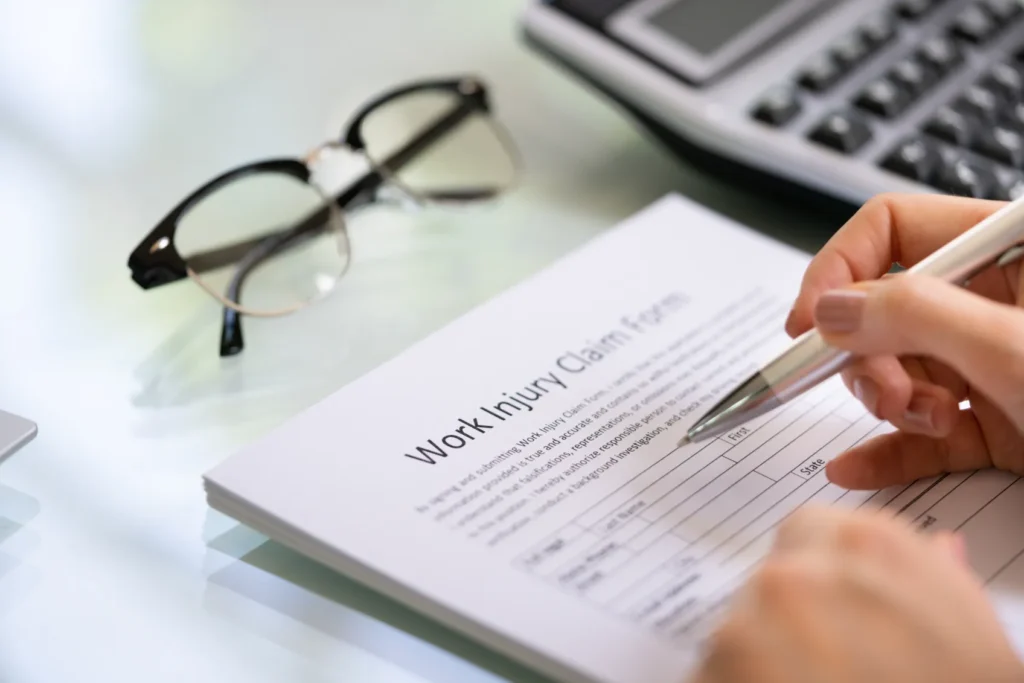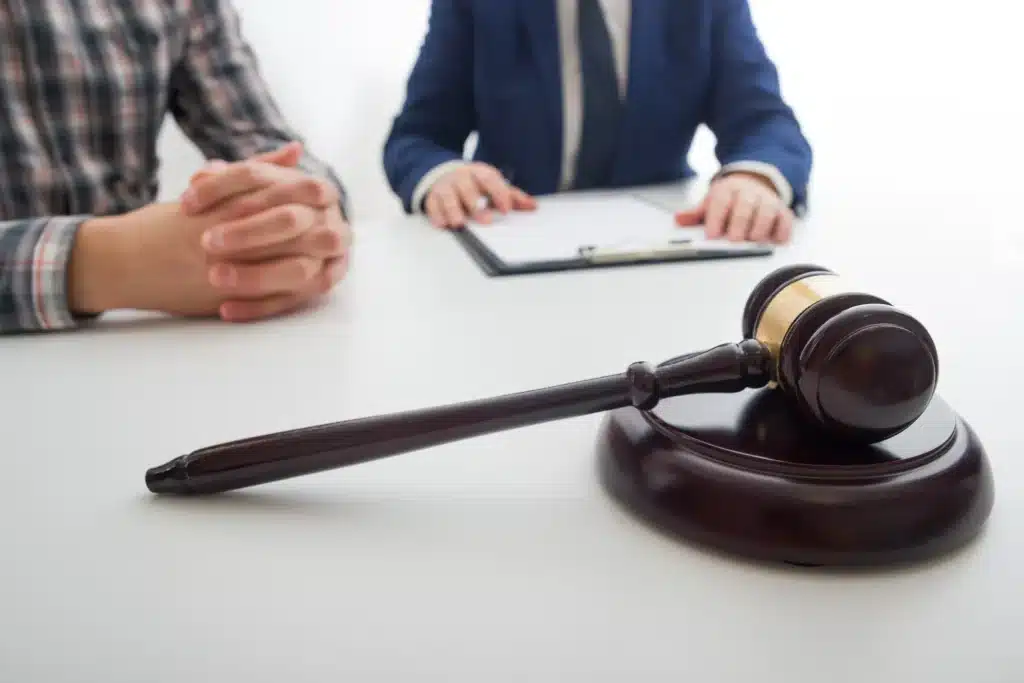 When dealing with the aftermath of an oil well blowout in Carlsbad, it’s essential to have the right legal support. Oil well blowouts happen when there’s a loss of control over the pressure in an oil or gas well, leading to the uncontrolled release of oil, gas, or other well fluids. For instance, a blowout can occur during drilling operations if unexpected high-pressure zones are encountered, causing violent eruptions that may result in severe injuries, environmental harm, and even fatalities. Navigating the complex legal aspects of the oil and gas industry requires a skilled attorney who can ensure those responsible are held accountable.
When dealing with the aftermath of an oil well blowout in Carlsbad, it’s essential to have the right legal support. Oil well blowouts happen when there’s a loss of control over the pressure in an oil or gas well, leading to the uncontrolled release of oil, gas, or other well fluids. For instance, a blowout can occur during drilling operations if unexpected high-pressure zones are encountered, causing violent eruptions that may result in severe injuries, environmental harm, and even fatalities. Navigating the complex legal aspects of the oil and gas industry requires a skilled attorney who can ensure those responsible are held accountable.
Cesar Ornelas Injury Law is here to assist victims of these tragic events. Our team is committed to helping you obtain the justice and compensation you deserve. We understand how a blowout can significantly impact your life, including medical bills, lost income, and emotional distress. To support you during this difficult time, we offer free consultations to discuss your case and explore your legal options. Contact us today at 210-957-2103 to talk with an oilfield injury lawyer who will advocate for your rights and help you move forward with your life.
Understanding Oil Well Blowouts
Oil well blowouts are dangerous incidents where equipment fails, causing crude oil or natural gas to escape uncontrollably. These events can lead to massive fires, explosions, severe injuries, and even fatalities. The oil and gas industry is naturally risky, with a higher accident rate than many other jobs, making it crucial to be aware and take preventive measures.
Several factors can cause oil well blowouts. Mistakes in judgment, lack of proper training, and ignoring safety procedures are common reasons. To reduce these risks, it’s important to have strict safety measures like regular equipment checks and thorough employee training. However, despite these precautions, the risk of disaster remains in oil and gas operations.
The aftermath of an oil well blowout is serious and wide-ranging. People injured in these incidents can suffer from traumatic brain injuries, severe burns, and other life-changing conditions that greatly affect their ability to work. It’s not just the physical injuries; the emotional impact can also last long after the event. Given the high risks, anyone involved in the oilfield industry needs to understand oil well blowouts. Being informed empowers workers to take proactive steps to protect themselves and their colleagues.
Common Causes of Oil Well Blowouts
Oil well blowouts are serious accidents that can happen due to several reasons. Here’s a simple list of common causes:
- Equipment Failure: Regular maintenance and inspection of drilling equipment are crucial. Equipment malfunction, often due to poor maintenance or failure to replace worn-out parts, is a significant contributor to blowouts.
- Human Error: Inadequate training and supervision of personnel can lead to poor decision-making during critical moments, significantly increasing the risk of a blowout. Proper training and oversight are essential for safety in oil and gas operations.
- Neglecting Safety Regulations: Inadequate pressure monitoring and failure to follow established safety procedures can result in uncontrolled releases of oil or gas. Strict adherence to safety protocols is necessary to prevent such devastating occurrences.
- Geological Factors: Unanticipated high-pressure zones or weak formations can lead to sudden and uncontrolled releases of oil or gas. Conducting thorough geological surveys and continuously monitoring pressure levels are vital to mitigate these risks.
- Faulty or Outdated Equipment: The use of outdated or defective equipment can fail under high-pressure conditions typical in drilling operations. Ensuring that all equipment is up-to-date and functioning correctly is critical to preventing blowouts.
- Communication Breakdowns: Misunderstandings and errors can arise from communication breakdowns among team members, increasing the risk of a blowout. Clear and effective communication is necessary for coordinating operations and ensuring safety measures are followed.
Understanding the causes of oil well blowouts is crucial for preventing these dangerous events. By focusing on safety measures, providing proper training, and ensuring clear communication, the oil and gas industry can work to reduce the risks of these catastrophic incidents, protecting the lives and well-being of oilfield workers.
Frequent Injuries from Oil Well Blowouts
 The injuries from oil well blowouts are often very serious and can change lives. Workers caught in these incidents can suffer from injuries like blunt force trauma, severe burns, and breathing problems due to exposure to harmful chemicals and gases. These types of oil field accident injuries can lead to long-term health issues and require a lot of medical care.
The injuries from oil well blowouts are often very serious and can change lives. Workers caught in these incidents can suffer from injuries like blunt force trauma, severe burns, and breathing problems due to exposure to harmful chemicals and gases. These types of oil field accident injuries can lead to long-term health issues and require a lot of medical care.
Burn injuries are especially common in blowouts, often happening because of explosions. These burns can cause severe problems, including infections, permanent scars, and the need for ongoing medical treatment. In some severe cases, amputations might be necessary, which can create lifelong challenges for those affected.
Traumatic brain injuries and concussions are also common, often caused by the impact of explosions or falling debris. These injuries can have lasting effects on a person’s ability to think clearly, work, and carry out daily tasks. Additionally, witnessing such traumatic events can lead to mental health issues like PTSD, making the recovery process even more complicated.
Steps to Take After an Oil Well Blowout Accident
Experiencing an oil well blowout accident can be overwhelming, but knowing what to do afterward is important for your health and legal rights. Here’s a simple list of steps to follow:
- Seek Immediate Medical Attention: Prioritize your health by getting medical care as soon as possible. Immediate attention ensures that injuries are properly diagnosed and documented, which is essential for any future legal claims.
- Preserve Physical Evidence: Avoid altering or discarding items related to the accident, such as clothing or equipment. Keeping these items intact can be vital for supporting your oil field accident claim.
- Document the Incident: Take detailed notes about the accident, including the time, date, location, and any potential witnesses. Photographs of the scene and your injuries can provide valuable evidence.
- Report the Accident to Your Employer: Notify your employer about the incident promptly to establish a formal record. This step is crucial to prevent any doubts about the seriousness of your injuries.
- Consult an Experienced Oilfield Injury Lawyer: Before speaking with any insurance adjusters, seek legal advice to understand your rights and the potential compensation you may be entitled to.
- Follow Medical Advice and Keep Records: Adhere to your healthcare provider’s recommendations and keep detailed records of all medical treatments, prescriptions, and follow-up appointments. These records will support your claim and demonstrate the extent of your injuries.
- Avoid Discussing the Accident Publicly: Refrain from sharing details of the accident on social media or with anyone outside your legal counsel to prevent any information from being used against you.
- Consider Filing a Workers’ Compensation Claim: If applicable, file a workers’ compensation claim to cover your medical expenses and lost wages. Your lawyer can guide you through this process to ensure all necessary documentation is submitted correctly.
- Evaluate Third-Party Liability: If the accident was caused by faulty equipment or another party’s negligence, discuss with your lawyer the possibility of pursuing a personal injury lawsuit for additional compensation beyond workers’ compensation.
Following these steps can help protect your health and strengthen your legal case, ensuring you get the support and compensation you need after an oil well blowout accident.
Determining Liable Parties in Oil Well Blowout Incidents
Determining who is responsible for oil well blowout cases is important to getting compensation and justice for the workers affected. These incidents often involve multiple parties, each potentially sharing some blame for what happened.
Oil companies are typically the main parties responsible for ensuring safe working conditions. They might be held accountable if the blowout was due to negligence, such as not following safety procedures or failing to provide proper training. If faulty equipment was involved, the manufacturers could also be liable, emphasizing the need for regular maintenance and quality checks.
Contractors and subcontractors working on the drilling operations might also share responsibility if their actions or negligence contributed to the blowout. Additionally, third-party service providers who didn’t meet safety standards could be implicated.
Having a skilled lawyer is critical in these situations. They can conduct thorough investigations to identify all responsible parties. By gathering evidence, working with industry experts, and examining the details of the blowout, a lawyer can ensure that everyone accountable is held responsible, increasing the chances of getting fair compensation for the victims.
Can I Still Get Compensated If I’m at Fault?
Even if you think you played a part in an oil well blowout, you might still get compensation. In New Mexico, the workers’ compensation system doesn’t require you to prove who was at fault. This means you can receive benefits for your medical bills and lost wages, no matter who caused the accident. This system is designed to make sure injured workers get the support they need to heal, without the stress of proving fault.
If your injuries happened because of things beyond your control, like broken equipment or someone else’s carelessness, you might be able to get more money through a personal injury claim. This could help cover additional costs, like pain and suffering, that workers’ compensation doesn’t cover.
It’s important to talk to a knowledgeable lawyer. They can look over your case, explain your legal options, and help you get the most compensation possible for your injuries.
Legal Rights of Oil Field Workers in New Mexico
 Oil field workers in New Mexico have certain legal rights to protect them if they get injured on the job. Workers’ compensation helps by covering medical bills and part of their lost wages from work-related injuries. However, it does not pay for pain and suffering. This system ensures injured workers get the medical help they need right away and some financial support while they recover.
Oil field workers in New Mexico have certain legal rights to protect them if they get injured on the job. Workers’ compensation helps by covering medical bills and part of their lost wages from work-related injuries. However, it does not pay for pain and suffering. This system ensures injured workers get the medical help they need right away and some financial support while they recover.
Besides workers’ compensation, injured workers might also be able to file a claim against a third party if their injury was due to faulty equipment or someone else’s negligence. This can provide extra compensation beyond workers’ compensation, including for pain and suffering and loss of enjoyment of life.
Employers must report injuries to their insurance companies and cannot retaliate against employees who file a workers’ compensation claim. If a claim is denied or undervalued, the worker should seek legal help immediately to appeal and ensure they get the compensation they deserve.
Dealing with these oil field accident claims often requires a lawyer. A seasoned lawyer can guide you through your legal options, help secure fair compensation, and ensure your rights are protected throughout the process.
What Legal Protections Exist for Whistleblowers Reporting Unsafe Conditions?
Whistleblowers are important in keeping the oil and gas industry safe by reporting dangerous situations. In New Mexico and across the United States, laws are in place to protect these individuals from being punished. The Occupational Safety and Health Administration (OSHA) makes sure that workers who report safety problems aren’t treated unfairly, like being fired or demoted.
New Mexico also has the Whistleblower Protection Act, which gives extra protection. It allows employees who are punished after reporting illegal or unsafe practices to take legal action. If whistleblowers think they’ve been treated unfairly, they can file a complaint with OSHA and might also be able to sue for damages.
It’s vital for whistleblowers to carefully document any unsafe conditions and report them through the right channels to ensure they are protected by law. Speaking with an experienced lawyer can help whistleblowers understand their rights and guide them through the legal process.
Compensation Available for Oil Well Blowout Victims
Victims of oil well blowouts can receive different types of compensation to help them recover from their injuries and financial setbacks. Economic damages cover costs like medical bills, lost wages, and funeral expenses for families who have lost loved ones. These expenses can add up quickly, making financial help critical for rebuilding their lives.
Victims may also receive non-economic damages, which compensate for emotional pain, stress, PTSD, and loss of enjoyment in life. These damages recognize the deep emotional and mental impact severe injuries can have on a person’s well-being.
Having a skilled lawyer can greatly improve the chances of getting the most compensation possible. A lawyer will work hard to ensure that every aspect of the victim’s suffering is considered and that they receive fair compensation.
How Cesar Ornelas Injury Law Can Help You
 At Cesar Ornelas Injury Law, we understand how challenging oil well blowout cases can be. Our team is committed to providing you with legal support tailored to your unique situation. We have extensive knowledge of oilfield injury law and a compassionate approach focused on your recovery and well-being. Our goal is to secure the maximum compensation you deserve by using our knowledge and resources to hold responsible parties accountable.
At Cesar Ornelas Injury Law, we understand how challenging oil well blowout cases can be. Our team is committed to providing you with legal support tailored to your unique situation. We have extensive knowledge of oilfield injury law and a compassionate approach focused on your recovery and well-being. Our goal is to secure the maximum compensation you deserve by using our knowledge and resources to hold responsible parties accountable.
Beyond legal representation, we aim to be a supportive partner throughout the entire process. We offer free consultations, giving you the chance to discuss your case with our experienced team without any financial obligation. Our track record of successful outcomes demonstrates our ability to effectively advocate for our clients.
Reach out to Cesar Ornelas Injury Law for your oil well blowout case. Contact us today at 210-957-2103 to schedule your free consultation and take the first step towards securing the justice and compensation you deserve.
Additional Resources
Best Oil Field Safety Practices
What Are The Most Common Causes of Oil Field Accidents?
Who Is Liable in an Oil Field Accident Injury Case?








